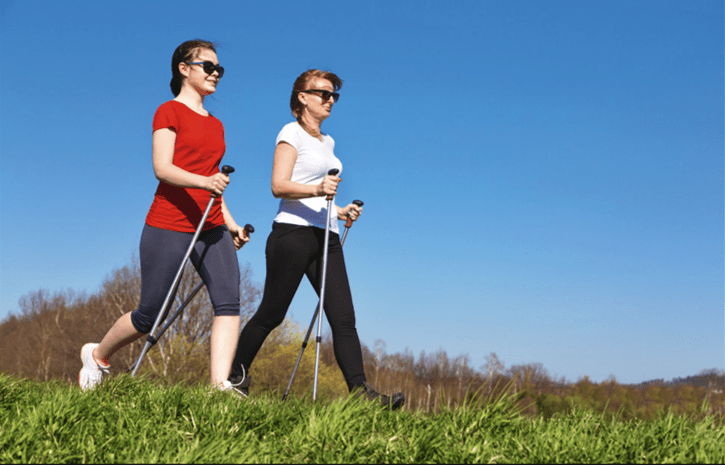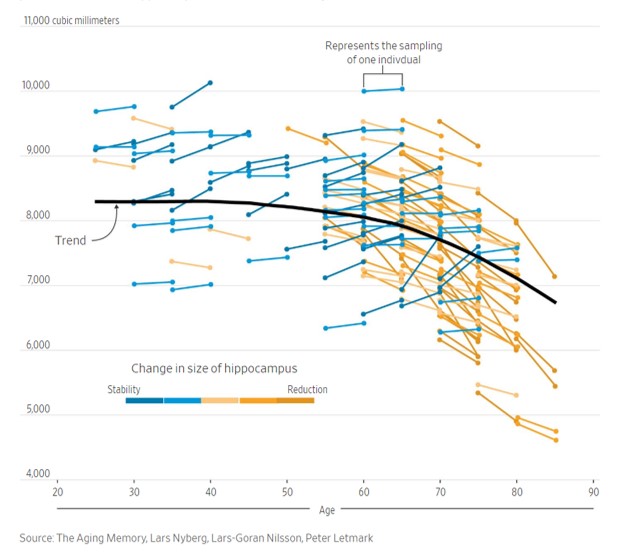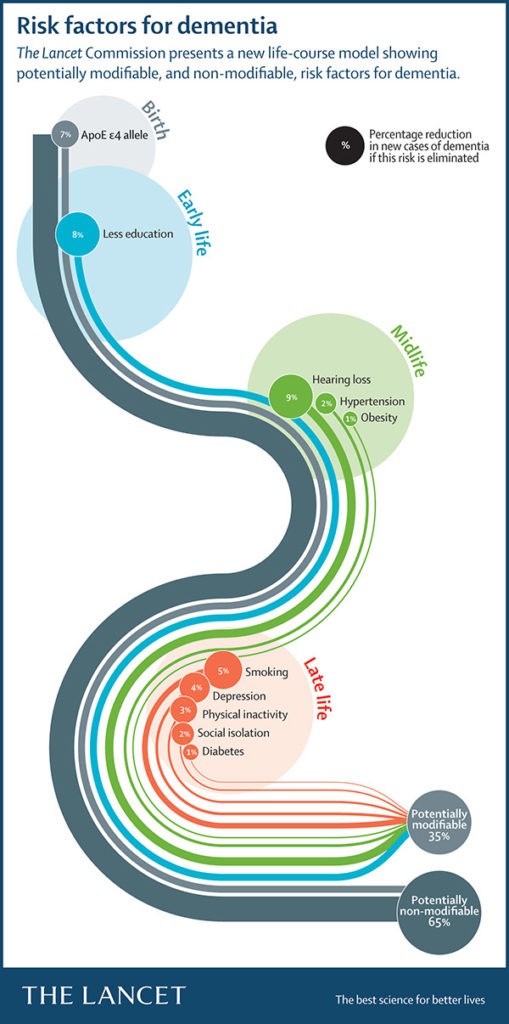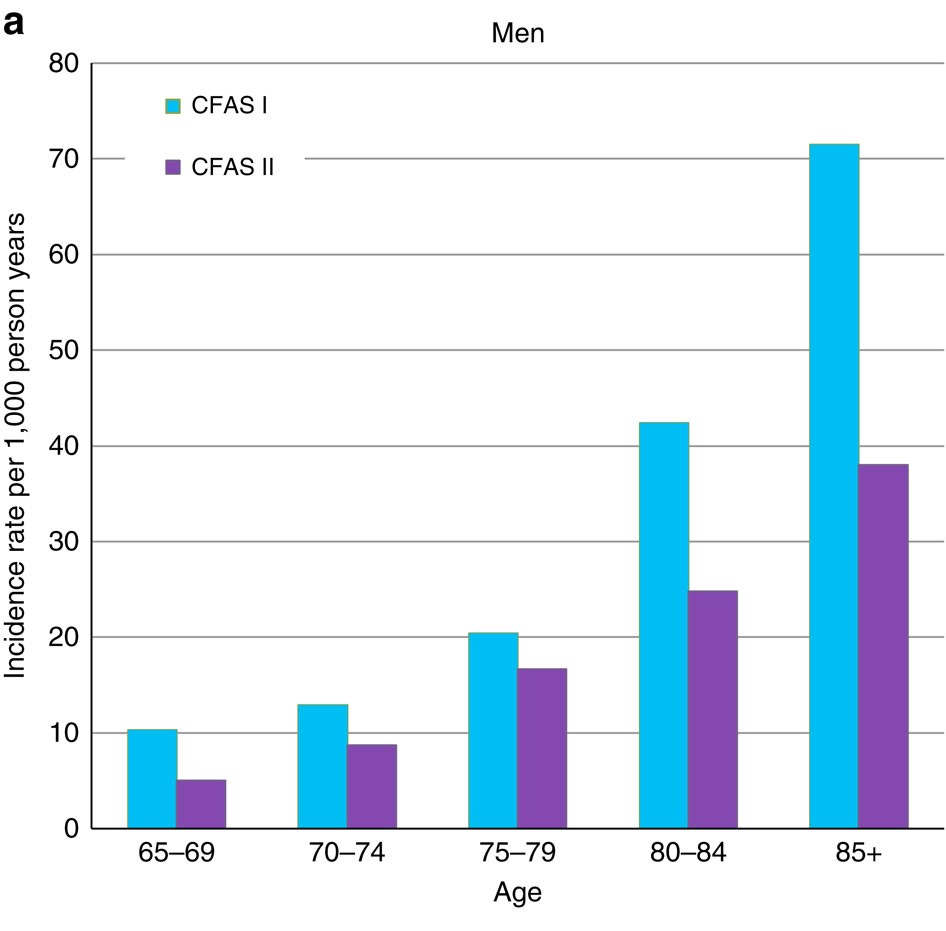Posts Tagged ‘dementia prevention’
Dual decline in gait speed and memory function seen as most predictive of future dementia
Walking Speed Helps Predict Future Dementia (MedPage Today): Dual decline in gait speed and cognition carried a higher risk of dementia than either gait-only decline or cognitive-only decline, reported Taya Collyer, PhD, of Monash University in Victoria, Australia, and co-authors, in JAMA Network Open…
Read MoreStudy: Actual, sustained practice–not mere knowledge–is needed to harness neuroplasticity and improve cognition over time
Lifestyle improvements may lessen cognitive decline (Wiley): ” … 19 individuals older than 65 years of age who were experiencing cognitive decline were randomized to a control group or an intervention group for 8 weeks. The control group received online information related to dementia and lifestyle risk factors, Mediterranean diet, physical activity, and cognitive engagement.…
Read MoreReminder: A brain-friendly lifestyle is the best approach to delay cognitive decline and dementia
_______ What Science Tells Us About Preventing Dementia (The Wall Street Journal): “When it comes to battling dementia, the unfortunate news is this: Medications have proven ineffective at curing or stopping the disease and its most common form, Alzheimer’s disease. But that isn’t the end of the story. According to a recent wave of scientific…
Read MoreUpdate: 35% of worldwide dementia cases could be prevented by modifying these 9 modifiable risk factors
Time for SharpBrains’ July e‑newsletter, featuring fascinating scientific findings, emerging brain health practices and insights…and some fun teasers. New research Let’s start with the key take-aways from a new and very insightful evidence review which found nine modifiable risk factors for dementia — accounting for 35% of all cases: — Education by age 15 (during early life) —…
Read MoreReport: 35% of worldwide dementia cases could be prevented by modifying these 9 modifiable risk factors
The Lancet Commission: One Third of Dementia May Be Preventable (Lancet report release): “Today’s findings are extremely hopeful,” said Maria Carrillo, PhD, chief science officer at the Alzheimer’s Association. “At an individual level, many people have the potential to reduce their risk of cognitive decline, and perhaps dementia, through simple, healthful behavior changes. At a…
Read MoreUK study: Dementia rates significantly lower than forecasted–especially for men–highlighting the protective role of lifestyle and education
Drop in dementia rates suggests disease can be prevented, researchers say (The Guardian): “In the UK, dementia has fallen by a fifth over the past 20 years, possibly down to lifestyle and education changes, highlighting benefits of preventative action… A team from three British universities concluded that as a result the number of new cases…
Read More




